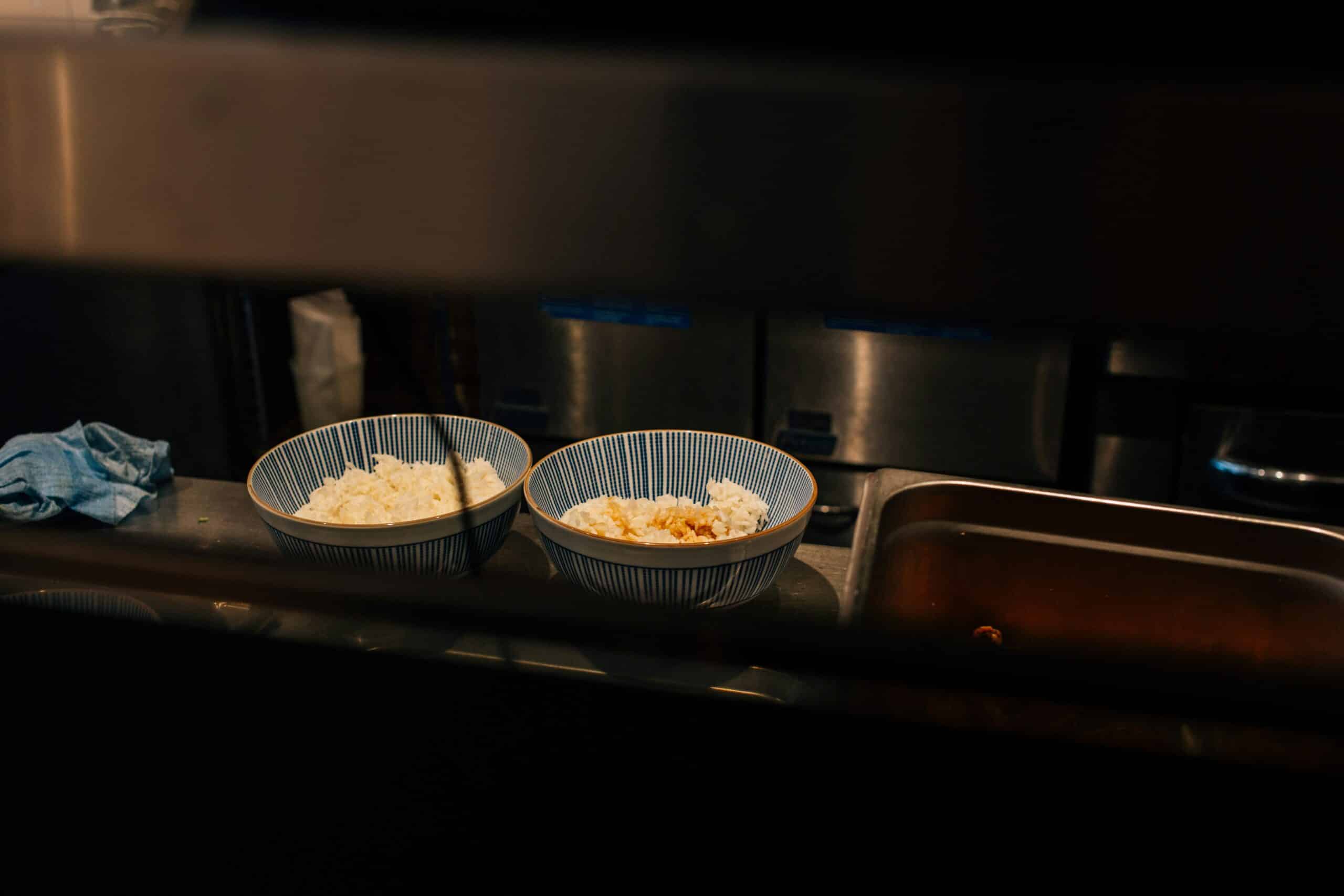While at a hamburger place in Georgia, United States, I overheard two mothers debating the issue of teaching their children table manners.
One asked, “What for?” She argued that most children have their meals in fast-food restaurants anyway, and don’t need to know which fork is the correct one to use and for what.
Well, I thought, maybe that’s in America. I remember giving in to the urge to have my brood fed by a burger or chicken chain, and thinking with remarkable relief how wonderful it was not to worry about a menu or about doing the dishes for a change.
Fastfood is not cheap, not when you have a big family. But it was a treat for my kids, and they didn’t have to hear about the merits of eating fruit and vegetables. The closest we got to fruit on those outings was the pineapple on a Hawaiian pizza. Not quite the ideal daily requirement.
For some reason, fast-food restaurants are always noisy. Everyone is in a hurry. It seems all decorum flies out the window the minute you step into one.
How, indeed, can you enforce table niceties, sitting or standing at a counter that, were it any lower, could serve as a feeding trough?
But should it matter what or where you eat? Children must be taught not to devour their meals like savages, whether they are served on fine china or in a paper bag.
I wonder if parents today can spend time teaching their children proper behavior at the dining table. Are there parents who still eat with their children? With both mom and dad in the workforce, I have my doubts.
When I was growing up, mealtime was sacred. You needed a darn good excuse to miss lunch or dinner. Unlike at many “back in the day” tables where children had no voice, we told stories and laughed a lot. Conversation was stimulating.
Today, of course, cell phones and gadgets have made all that passé. But yes, we were taught to cut meat with a knife, not to hold the fork in a fist, not to speak with food in our mouth, and to place napkins on our laps.
Let’s go back to the two mothers in Georgia.
One was adamant, and called it a useless exercise. The other one insisted that in a fast-food store or at a table set for royalty, one must keep the same rules of etiquette; no elbows on the table, both feet on the floor. In a dive or a diner, at home or in a five-star restaurant, good manners are never out of place.
I have observed that one basic rule that we once strictly followed has now been forgotten: that the meal is not over until your hosts (or parents) have indicated that it is, by rising from their chairs. At home, Papa would set his napkin down and gently push away from the table, saying “Buen provecho.” And we were done.
Not so today. A friend of mine describes meals (and life in general) at home with her children: “It is check in and check out, like in a hotel.” Sad, isn’t it? Rude, too.
Covered up
A grand homecoming awaits alumnae of the College of the Holy Spirit on Feb. 2. For sure it will be festive and sentimental.
As we prepare for the event, I am waist-deep in pictures and memories of an era long gone but never forgotten, and actually grieving over how it used to be and how time has changed it all. I know it’s silly.
I remember the teachers who touched our lives. No doubt they all did. Funny, but the ones who made the deepest impression were those we weren’t too crazy about then.
I was particularly naughty and was a regular at the directress’ office to see Sister Edelwina and, later, Sister Josephine, both elegant and imposing German women.
It was from them that we learned about character and values that were meant to last a lifetime. Poor ladies were probably just as clueless as we were about the ways of the world.
But it was a nun in the sewing room who once told me, in her heavy German accent, “The neckline must be high. You must cover up or one day you will be ashamed.” It was perhaps not the best way to talk to us about modesty. But that’s what she knew to say. If she saw what girls are wearing today, she would die!
Aside from the stern counsel in school, Mama took great care of what we wore, how high our hems should be and how low the neckline could go. Then there was our spinster aunt who made sure that we dressed and behaved “como Dios manda.”
Times are different. How does one talk about dressing modestly to the young women of today without sounding prehistoric?
Here’s a tip from a champion.
The great Muhammad Ali one evening talked to his daughter who, in his eyes, was wearing something inappropriate: “Everything that God made valuable in the world is covered and hard to get to. Where do you find diamonds? Deep down in the ground, covered and protected. Where do you find pearls? Deep down at the bottom of the ocean, covered up and protected in a beautiful shell. Where do you find gold? Way down in the mine, covered with layers and layers of rock. You’ve got to work hard to get to them. Your body is sacred. You’re far more precious than diamonds and pearls and you should be covered, too.”












































